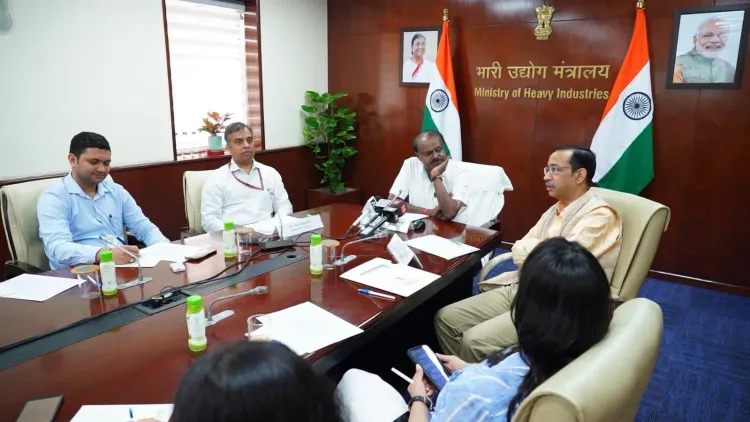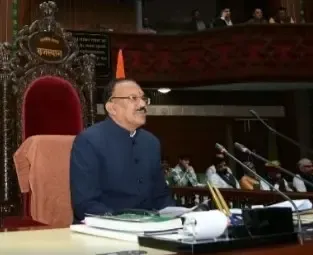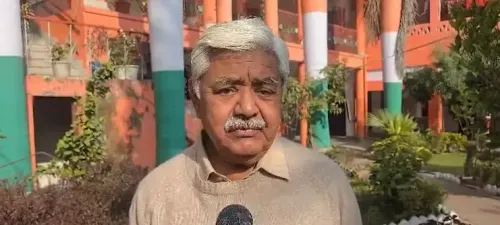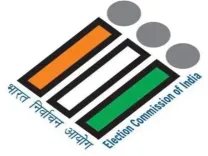Is the Government Set to Finalize a Rare Earth Magnet Subsidy Scheme Soon?

Synopsis
Key Takeaways
- The government is expected to decide on a subsidy scheme for rare earth magnets within 15 to 20 days.
- This initiative aims to reduce reliance on Chinese imports for critical components.
- A Hyderabad company has pledged to deliver 500 tonnes of magnets by December.
- Discussions are ongoing to determine the subsidy level based on stakeholders' input.
- India aims to initiate large-scale production in about two years.
New Delhi, June 24 (NationPress) The Union Minister for Heavy Industries and Steel, H.D. Kumaraswamy, announced on Tuesday that the government is expected to make a decision within the next 15 to 20 days regarding the implementation of a subsidy scheme designed to enhance domestic production of rare earth magnets.
This initiative aims to decrease India's reliance on China for essential components utilized in electric vehicles and various high-tech industries.
Minister Kumaraswamy indicated that a company from Hyderabad has expressed interest in the venture and has pledged to supply 500 tonnes of rare earth magnets by December of this year.
"A company based in Hyderabad has shown interest, promising to deliver 500 tonnes by the end of December. We have had discussions with the Minister of Mines. Our Secretary and the Ministry are actively working on this, and a decision will be made, I believe, within 15-20 days," the Minister informed reporters.
The Ministry of Heavy Industries is currently engaging with various stakeholders to establish the appropriate level of subsidy to be provided.
As per Kamran Rizvi, Secretary in the Ministry, if the total subsidies offered under this scheme exceed Rs 1,000 crore, it will require approval from the Union Cabinet.
In contrast, if the total remains below Rs 1,000 crore, it can be authorized directly by the Ministries of Heavy Industries and Finance.
He also noted that the Ministry of Heavy Industries is collaborating closely with the Ministry of Mines to advance this plan.
Rare earth magnets, including neodymium-iron-boron, are vital components in electric vehicle motors, power steering systems, and other sophisticated automotive applications.
India currently has a significant dependence on imports for these magnets, particularly from China.
However, recent export restrictions enforced by China on critical rare earth materials have disrupted global supply chains, impacting industries such as automobiles and semiconductors in countries like India.
To tackle this issue, the Indian government is now contemplating alternative supply sources while planning to enhance domestic manufacturing.
Rizvi mentioned that it would take approximately two years for India to commence large-scale production of rare earth magnets.
Meanwhile, the government is investigating alternative procurement options from nations such as Japan and Vietnam to avert shortages.
Indian Rare Earths Limited, a public sector entity under the Department of Atomic Energy, currently possesses India's primary reserves of rare earth materials.
Officials have confirmed that the company has adequate stock to produce about 1,500 tonnes of magnets.
Rizvi added that the precise amount of subsidy needed under the scheme will only be determined after a competitive bidding process, as diverse stakeholders have proposed varying levels of support ranging from 20 to 50 percent.










